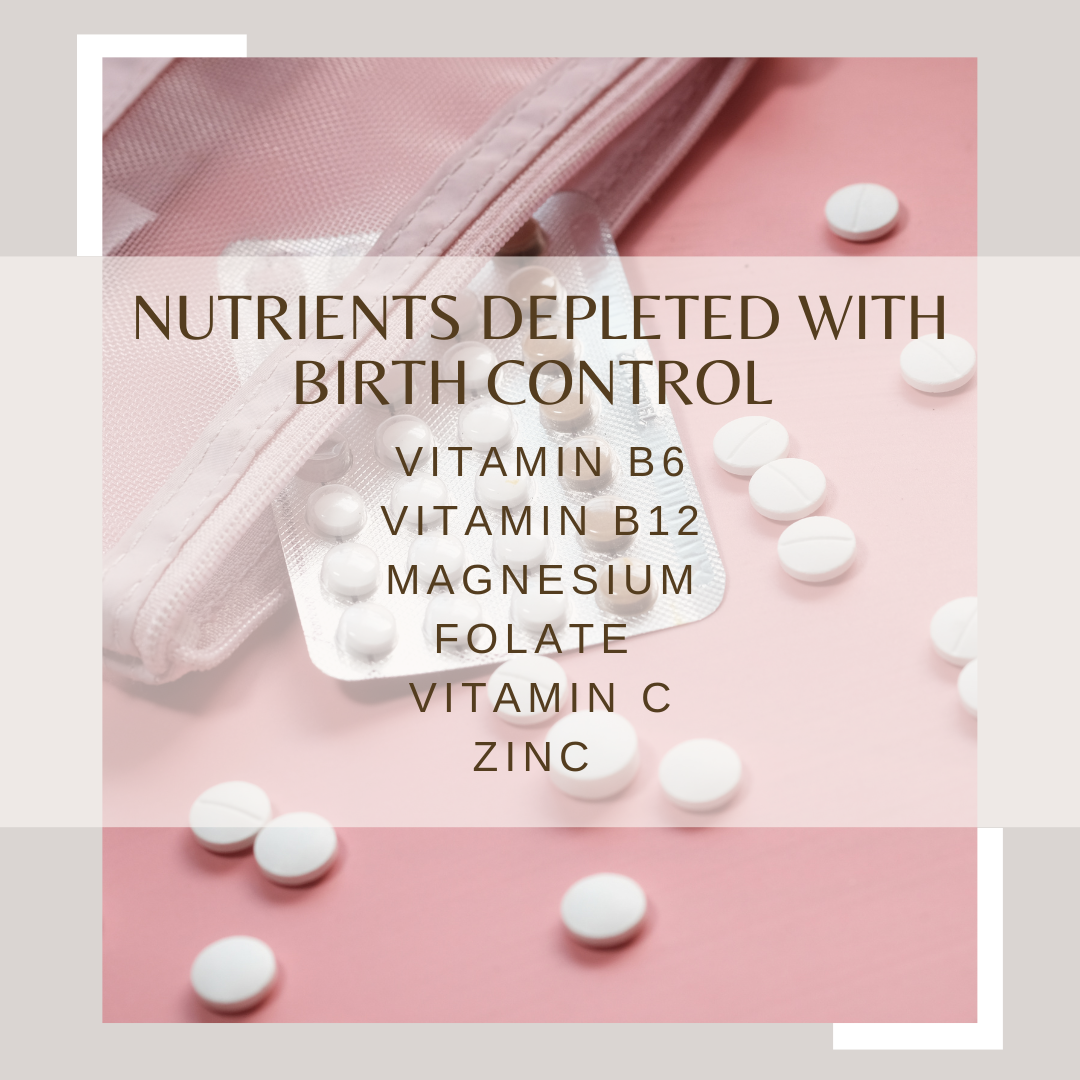
More women are looking to come off birth control or talking, especially on social media, about
long-term birth control's effects on the body. This blog aims to look more in-depth into this
topic and discuss a fantastic and cost-effective course that we have at One Agora Health to help
naturally balance hormones (go to the end of the blog to find out more).
But first, let's talk about the effects of birth control on the body.
Birth control methods have revolutionized women's reproductive choices and are touted as a
fantastic way to empower women to take control of their bodies. They have been prescribed for
decades to help with hormonal imbalances and issues. But it comes at the cost of altering the
natural hormone balance in the body and often masks underlying issues and hormone imbalances. So
instead of getting to the root of the problem and balancing hormones, the communication between
the brain and ovaries (the organ that produces progesterone and testosterone) is altered. Now many
women want alternatives to birth control or are experiencing complications when coming off birth
control, including increased symptoms and problems with fertility.
That is why we focus on natural hormone balance at One Agora Integrative
Health.
And more women are realizing that coming off hormonal birth control can have unintended
consequences on women's hormonal balance, leading to a condition known as Post-Birth Control
Syndrome (PBCS). This blog will delve into the intricate relationship between birth control,
hormones and the potential effects of discontinuing its use. By understanding PBCS and its
implications, women can make informed decisions about their reproductive health.
Post-Birth Control Syndrome refers to the range of symptoms and hormonal imbalances experienced by women after discontinuing hormonal birth control methods such as pills, patches, injections, or implants. While birth control methods efficiently prevent pregnancy, they also manipulate the delicate hormonal balance in a woman's body.
Hormonal birth control alters the body's natural hormone levels to prevent ovulation or
implantation. Once the external hormones are removed, the body needs time to recalibrate and
restore its hormonal production. This adjustment period can result in hormonal imbalances that
give rise to various symptoms associated with PBCS.
Common Symptoms of PBCS:
If you suspect you are experiencing PBCS, it is essential to consult a healthcare professional who can provide guidance and support. Here are some strategies to help navigate this transitional phase:
Post-Birth Control Syndrome sheds light on the potential consequences of discontinuing hormonal
birth control methods. While it is a temporary phase for most women, it can impact hormonal
balance and trigger various symptoms. By understanding the complexities of PBCS and seeking
professional guidance, women can navigate this transition more effectively. Remember, your
reproductive health is unique, and finding the right balance and method for you is a personal
journey that deserves thoughtful consideration.
In conclusion, being informed about Post-Birth Control Syndrome empowers women to make educated
decisions regarding their reproductive health. By prioritizing self-care, seeking professional
advice, and being patient with the body's natural adjustments, women can mitigate the effects
of PBCS and embrace a healthier hormonal balance.
Want to know more about how to balance your hormones naturally? This is one of our passions at One
Agora Health. We have put together an amazing course to help you have the resources to balance
your hormones and take out foreign estrogens from your daily life to help to restore optimal
hormone health naturally.